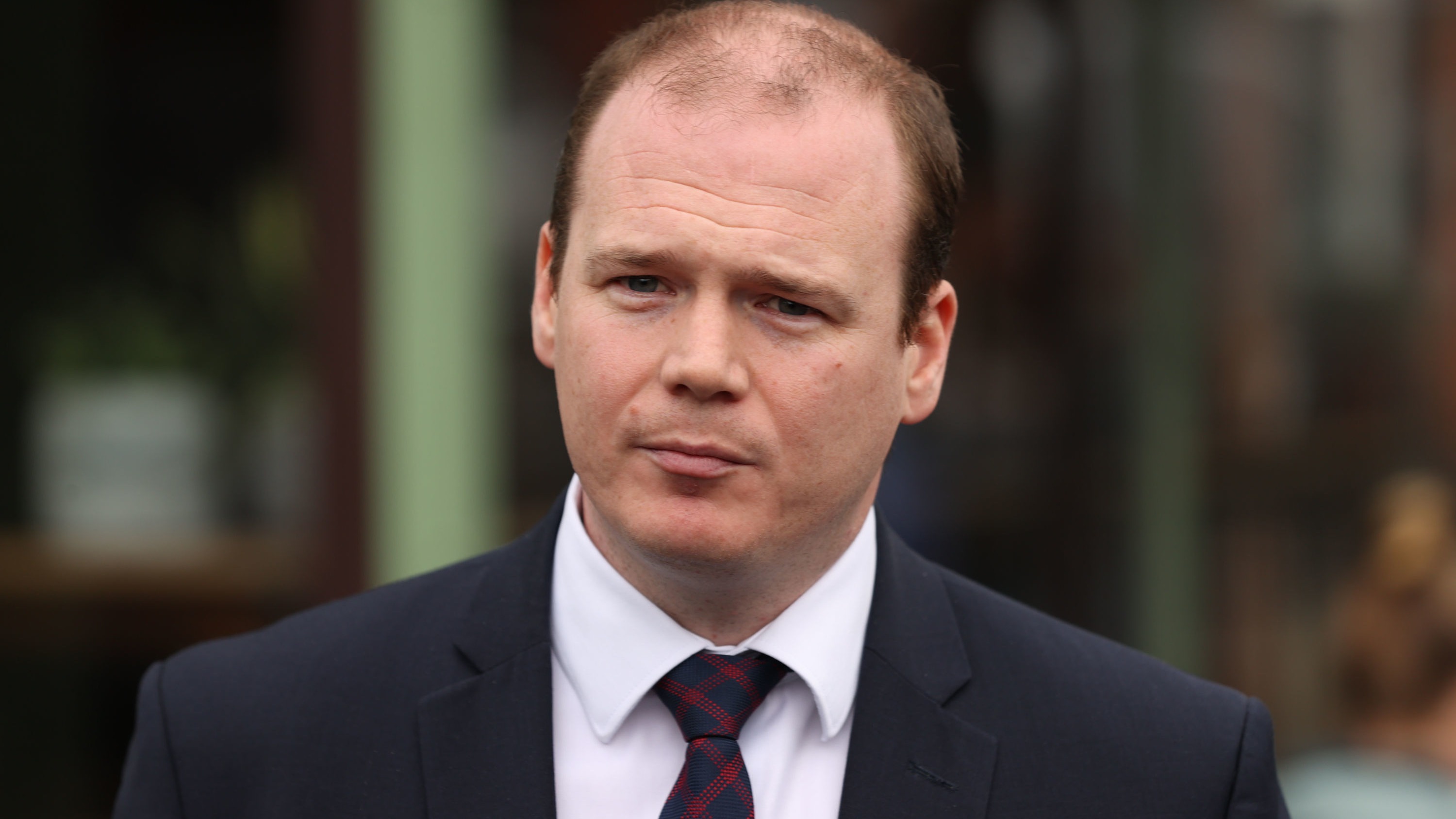
Pension Credit Push Amid Winter Fuel Cuts and Poverty Concerns
The UK government’s decision to cut winter fuel payments has sparked significant concern, with estimates revealing that 50,000 additional pensioners may fall into relative poverty next year. These cuts, announced by Chancellor Rachel Reeves, restrict the £300 payment to only the poorest pensioners—those eligible for pension credit. In response, a government campaign aims to encourage pensioners to apply for this credit, potentially softening the financial blow. However, the situation remains fraught with implications for vulnerable seniors.
The government estimates that 1.9 million pensioners, roughly 15%, are currently living in relative poverty. With the changes, this figure is expected to rise by 0.5 percentage points, adding tens of thousands more to the hardship rolls each year until 2030. Relative poverty is defined as having an income below 60% of the median, after housing costs. This troubling trajectory highlights the fragility of pensioners’ financial stability and the cascading effects of fiscal policy on daily lives.
Also Read:- Predators’ Coach Penalized for Costly Lineup Mistake Amid Mounting Pressure
- Bomb Cyclone and Atmospheric River Batter the West Coast with Devastation
Liz Kendall, Work and Pensions Secretary, emphasized that while the government did not want to make such decisions, they were necessary to address the £22 billion fiscal deficit. Kendall noted that her department had reached out to 120,000 pensioners to inform them of their eligibility for pension credit, which could help mitigate the loss of the winter fuel payment. Yet, critics argue that this measure is insufficient and reactive rather than proactive.
Opposition voices, including the Conservatives’ shadow Work and Pensions Secretary Helen Whately, accused Labour of knowingly plunging pensioners into poverty for political ends. Liberal Democrat Daisy Cooper criticized the decision as unnecessarily harsh, even amidst challenging fiscal conditions.
Prime Minister Keir Starmer defended the government’s broader strategy, pointing to an upcoming state pension increase of £470 in the spring. However, this assurance has done little to quell fears among pensioners and advocacy groups, who worry about surviving the colder months without adequate support.
The government’s move underscores a tension between fiscal responsibility and social welfare. As the debate continues, pensioners face an uncertain winter, making the uptake of pension credit not just a bureaucratic process but a lifeline for many.
Read More:

0 Comments